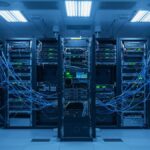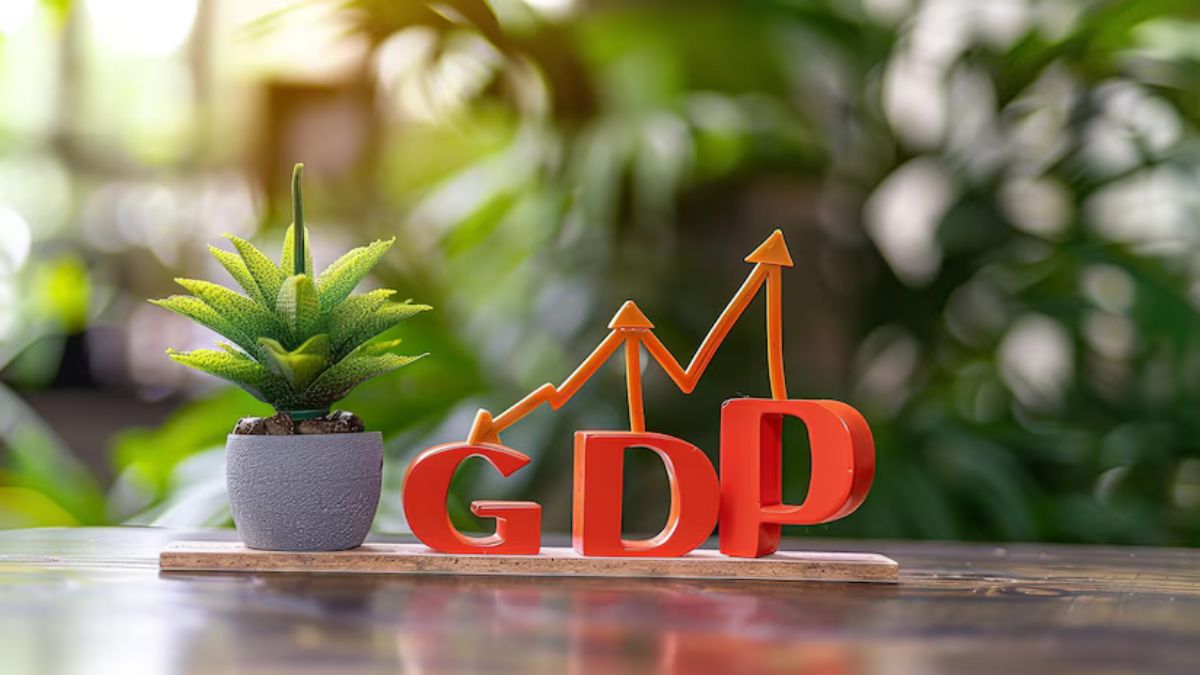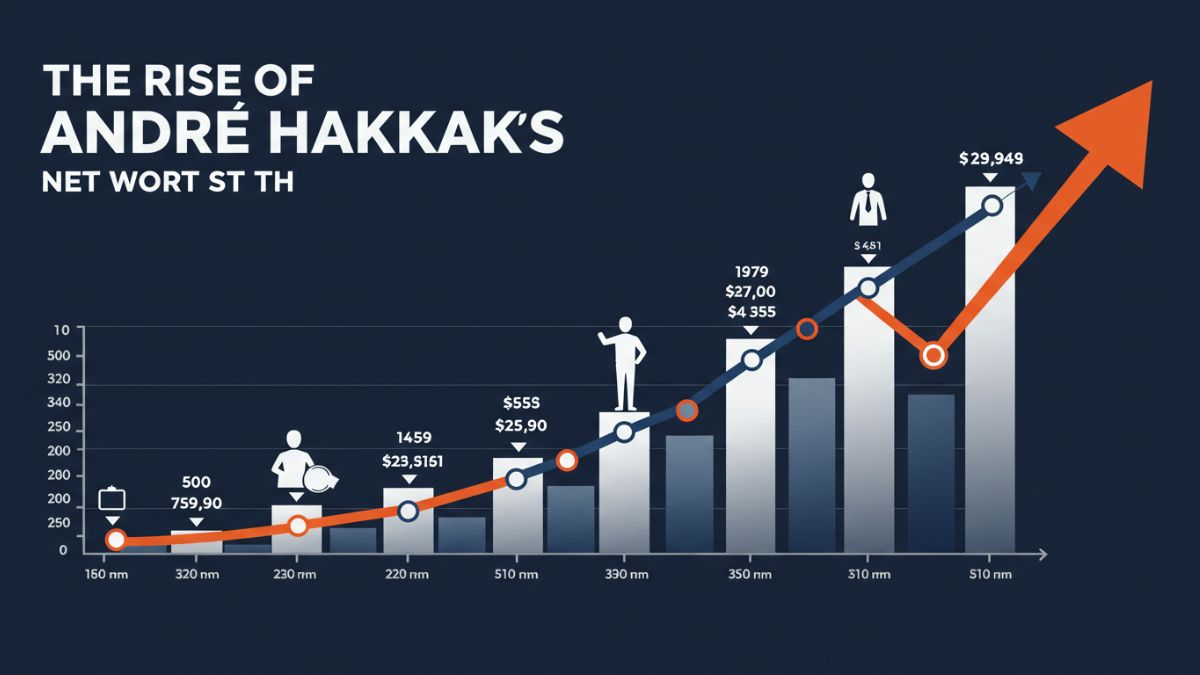Have you ever stumbled upon a deleted scene that made you rethink everything? The recent buzz around the “Gdp – deleted scene – e355” has done just that. This hidden gem offers a fresh perspective on how we view Gross Domestic Product, an essential metric in economics. What secrets lie within these frames? As we peel back the layers of this intriguing snippet, we’ll explore how it connects to broader economic concepts and what it can teach us about our financial landscape. Get ready for a journey through unseen moments that could reshape your understanding of GDP and its impact on our world.
Explanation of GDP and its Importance in Economics
Gross Domestic Product, or GDP, is a crucial metric in economics. It measures the total value of all goods and services produced within a country over a specific period. This figure helps gauge economic performance and health.
GDP serves multiple purposes. Economists use it to assess growth trends, compare economic strength between nations, and inform policy decisions. A rising GDP often indicates a thriving economy, while stagnation can signal trouble ahead.
However, it’s essential to understand that GDP isn’t infallible. It doesn’t account for income inequality or environmental degradation. Thus, while it provides valuable insights into overall economic activity, relying solely on this number can be misleading.
Exploring its nuances reveals much about societal well-being beyond mere statistics. Hidden layers of data tell stories that simple figures cannot convey—complex realities lie beneath the surface waiting to be uncovered.
The Hidden Moments: What They Reveal About the Economy
The hidden moments within the GDP – deleted scene – e355 serve as a fascinating lens into economic realities. These subtle yet significant snippets can unveil trends and shifts that raw data often overlooks.
For instance, when individuals discuss their everyday financial struggles or unexpected expenses, it highlights the human side of economic indicators. It’s these personal stories that reflect broader societal issues like inflation or income inequality.
Moreover, how people react to changes in their environment gives insight into consumer confidence. This emotional response can be as telling as any statistic.
Observing these moments allows economists to connect dots between numbers and lived experiences. They reveal not just what is happening but why it matters on a personal level.
These narratives help paint a fuller picture of the economy’s pulse beyond mere figures. Understanding them enriches our perspective on fiscal health and societal wellbeing.
How GDP Can Be Misleading
GDP often serves as a quick gauge of economic health. However, it has its pitfalls.
For starters, GDP doesn’t account for income inequality. A country could boast impressive growth figures while a small segment enjoys the wealth, leaving many behind.
Beyond this, GDP overlooks informal economies. Many transactions occur outside official channels and are ignored in these calculations. This can paint an incomplete picture of real economic activity.
Environmental costs also go unmeasured in traditional GDP metrics. Increased production might lead to pollution or depletion of resources without reflecting any negative impact on growth numbers.
Furthermore, the focus on output can incentivize quantity over quality. Businesses may prioritize short-term gains over sustainable practices that benefit society long-term.
These factors illustrate why relying solely on GDP can lead to misguided policies and interpretations about an economy’s true state.
Possible Reasons for Deleting the Scene
The decision to delete a scene, especially one related to GDP, often stems from various creative and practical reasons.
One possibility is pacing. Filmmakers aim for a smooth narrative flow. If a scene feels too lengthy or distracts from the main storyline, it may be cut.
Another reason could be audience engagement. Sometimes scenes that delve deep into economic concepts might not resonate with viewers looking for entertainment rather than education.
Moreover, production constraints like budget limitations or runtime restrictions can lead to tough choices about which moments make the final cut.
Artistic vision plays a crucial role. Directors and writers might feel that certain elements no longer align with their intended message or theme of the project.
These decisions reflect complex considerations behind storytelling in film and how they shape viewer perception of critical topics like GDP.
The Impact of Hidden Moments on Policy Making and Economic Decisions
Hidden moments can significantly shape policy-making and economic strategies. These often-overlooked data points provide nuanced insights into the economy’s real pulse.
When policymakers ignore these subtleties, they risk making uninformed decisions. For example, a sudden spike in consumer spending during an off-peak season might hint at underlying trends that could affect future forecasting.
Moreover, these revelations can guide targeted interventions. By understanding how people behave outside conventional metrics, governments can tailor policies to address specific needs or issues within the community.
The effects ripple through various sectors. Businesses rely on accurate data for planning and investment decisions. Ignoring hidden moments can lead to missed opportunities or misguided initiatives.
In this complex landscape, recognizing the value of these unseen factors becomes crucial for crafting effective economic responses and fostering sustainable growth.
Conclusion:
The exploration of the deleted scene in GDP – e355 offers an intriguing glimpse into economic narratives.
These hidden moments can reshape how we perceive and understand economic indicators. They add depth to what might seem like mere numbers on a chart.
When policymakers consider these nuances, they gain a clearer picture of societal needs. This insight can drive more informed decisions that resonate with real-life impacts.
As viewers and analysts dig deeper, the layers of meaning unfold, prompting discussions that challenge conventional wisdom.
Understanding GDP isn’t just about figures; it’s about the stories behind them. These stories shape our collective future and inform strategic choices across various sectors.
FAQ’s
What does GDP stand for?
GDP stands for Gross Domestic Product. It measures a country’s economic performance by calculating the total value of all goods and services produced over a specific period.
How does GDP impact my daily life?
Changes in GDP can influence job availability, wage levels, inflation rates, and overall economic health. A growing economy usually means more jobs and better wages for individuals.
Why are deleted scenes significant when discussing economic concepts like GDP?
Deleted scenes often highlight aspects or perspectives not typically included in mainstream narratives. They allow us to explore deeper insights about how economies function beneath the surface.
Can focusing solely on GDP provide a complete picture of an economy’s health?
Not always. While GDP is important, it doesn’t account for factors such as income inequality or environmental sustainability. These elements also play crucial roles in assessing overall well-being.
Are there alternatives to measuring economic success besides GDP?
Yes! Other indicators like GPI (Genuine Progress Indicator) or HDI (Human Development Index) consider additional factors impacting quality of life beyond mere financial metrics.











